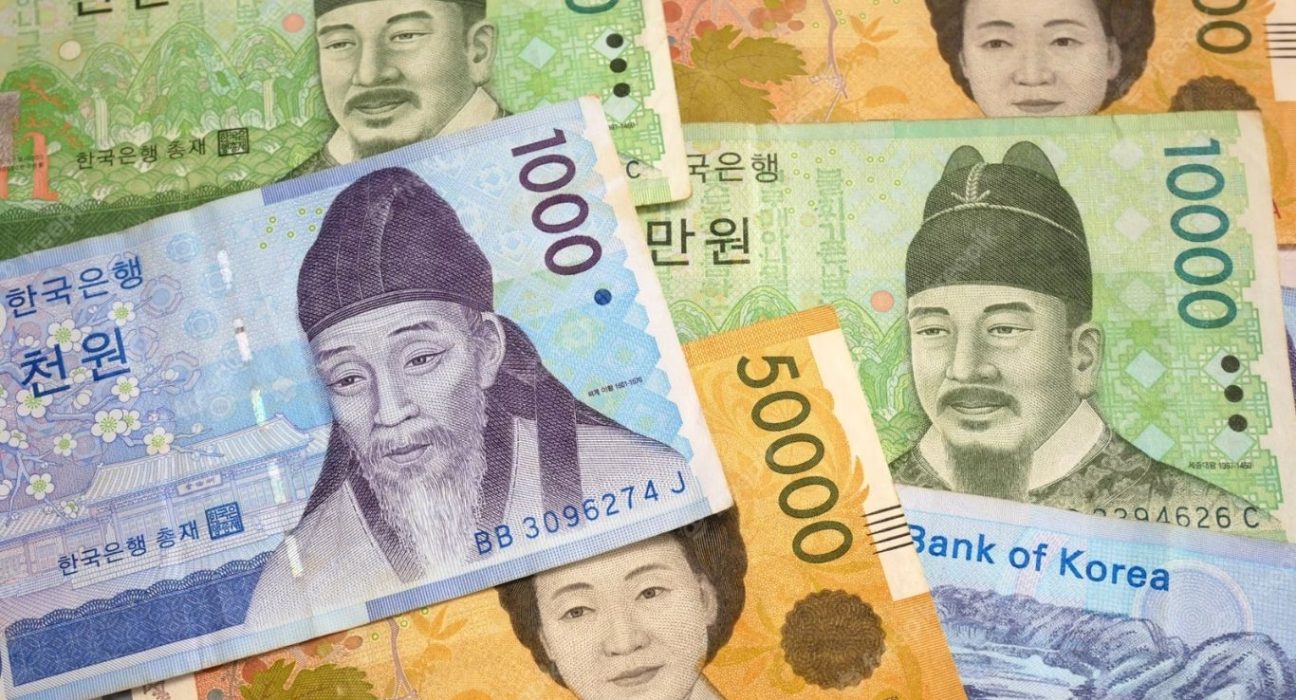Introduction:
The South Korean won, the official currency of South Korea, is one of the most traded currencies in the world. It is a major player in the Asian currency market and often reflects the economic performance of the country. In the recent currency exchange market, the South Korean won fell by 0.2%. This article aims to provide an insight into the factors that affect the value of the South Korean won and their impact on the currency exchange rate.
Economic Policies:
One of the key factors that affect the value of the South Korean won is the country’s economic policies. The South Korean government has implemented various economic policies to promote economic growth and development. The monetary policies of the Bank of Korea (BoK), the country’s central bank, play a crucial role in determining the exchange rate of the currency.
For instance, when the BoK lowers interest rates, it makes borrowing cheaper for businesses and individuals. This often leads to increased consumer spending and business investments, which, in turn, can stimulate economic growth. However, lower interest rates can also lead to inflation, which can weaken the currency’s value. Conversely, when the BoK raises interest rates, it can attract foreign investors seeking higher yields on their investments, which can increase the demand for the South Korean won.
International Trade:
Another significant factor that affects the value of the South Korean won is international trade. South Korea is an export-oriented economy, and its economy heavily relies on exports of products such as electronic goods, automobiles, and steel. As such, the country’s trade balance, i.e., the difference between its exports and imports, can significantly affect the value of the currency.
If South Korea’s exports exceed its imports, it generates a trade surplus, which can increase the demand for the South Korean won. On the other hand, if South Korea imports more than it exports, it results in a trade deficit, which can weaken the currency’s value. In recent years, the country has experienced trade surpluses due to robust demand for its electronic products and automobiles.
Market Sentiment:
Apart from economic policies and international trade, market sentiment can also influence the value of the South Korean won. Market sentiment refers to the overall mood or attitude of investors and traders towards the South Korean economy and its currency. Positive market sentiment often leads to increased demand for the South Korean won, while negative market sentiment can weaken the currency’s value.
Factors that can affect market sentiment include political stability, geopolitical tensions, and economic indicators such as GDP growth, inflation, and unemployment. For instance, if investors perceive South Korea as a stable and prosperous economy with low inflation and low unemployment rates, they are more likely to invest in the country’s currency, thereby strengthening its value.
Conclusion:
The value of the South Korean won is affected by various factors, including economic policies, international trade, and market sentiment. The recent 0.2% depreciation of the currency can be attributed to a combination of these factors. While the South Korean government continues to implement policies to promote economic growth and stability, changes in international trade patterns and global market sentiment can significantly affect the value of the currency.
The South Korean won remains a key player in the Asian currency market and will continue to be subject to various economic and political factors. As such, investors and traders in the currency exchange market must stay updated on the latest developments in the South Korean economy and its policies to make informed trading decisions.










